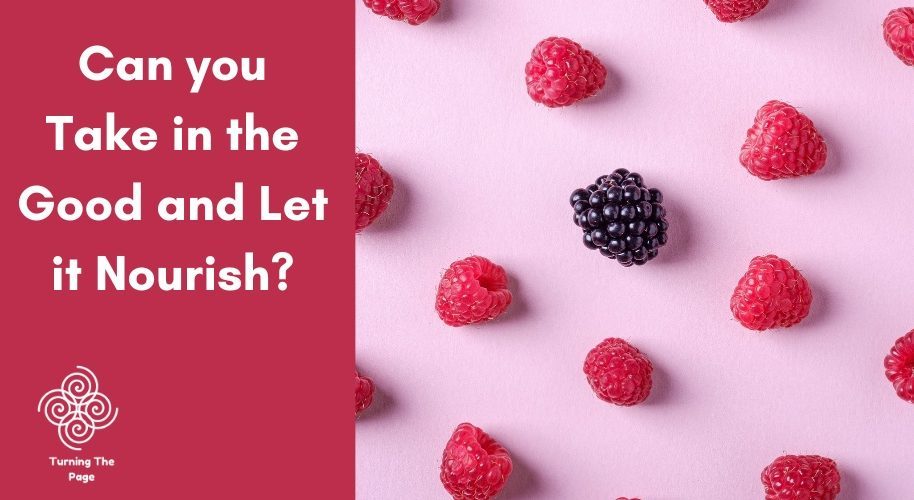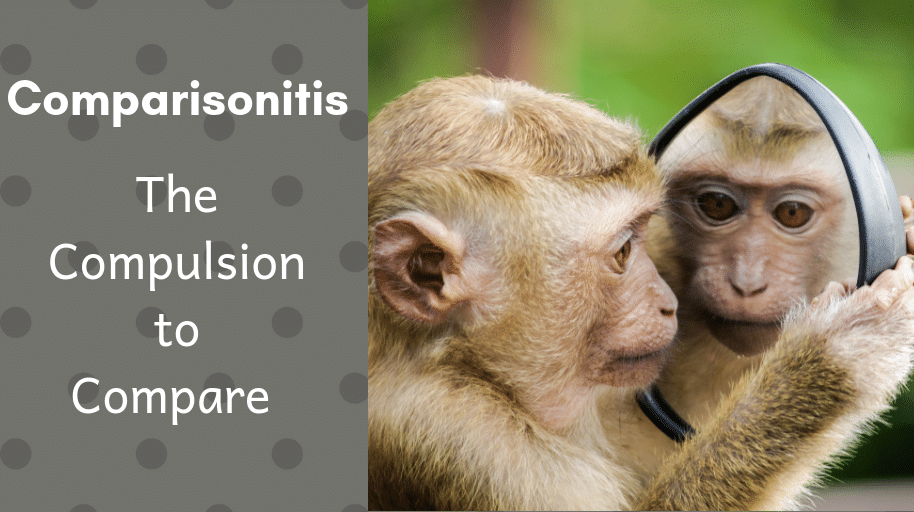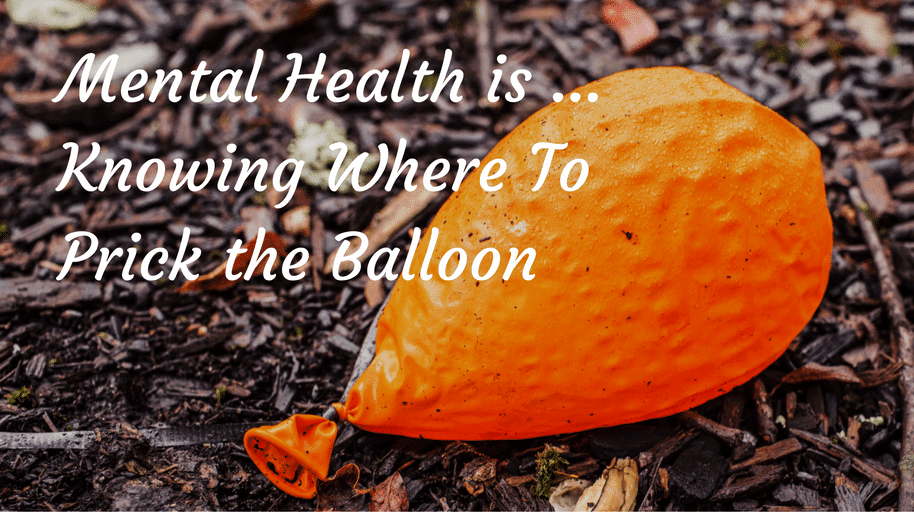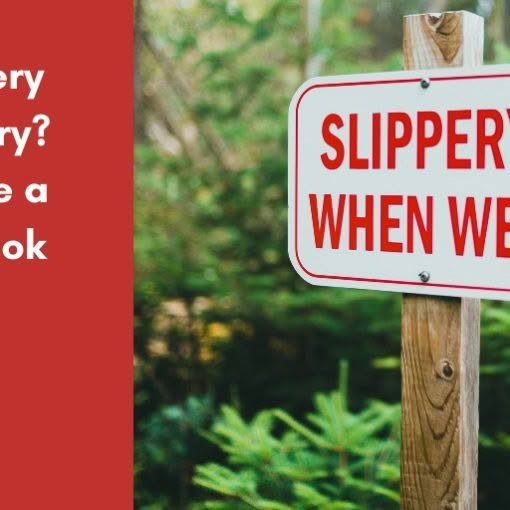So many good things go unnoticed, but when we learn to take in the good and let it nourish, then our whole direction of a life can change.
My neighbors have some small children.
Yesterday, while walking in the garden, one of the little boys ran up to me to say hello. I then led him over to where some grass seed was beginning to come through the soil. We both got down on the ground and looked at the little seedling poking its way into the world. We were taking in the good.
Then we went over to the roses, and there were multiple rose buds about to burst their way into the world. We were taking in the good and letting it nourish. Finally, we saw a rose that had come out displaying its beauty. I picked it, and we smelt it—no perfume, which was a letdown.
I suggested he give it to his mother so she could take in the good and let it nourish.
I went into the orchard and saw a plum tree ablaze with flowers, then a Kereru (New Zealand Native wood pigeon) landed in the tree. So I stopped and took in the good and let it nourish. That was until I found out it was eating the flowers, which meant I wouldn’t have plums in a few months’ time. So today I am putting some net over the trees.
If I were a machine, I would have robotically gone past this. I would not have engaged, but I am human and take in the good and let it nourish.
There are multiple opportunities for all of us to take in the good.
It’s that sip of coffee or tea, and you let it linger on the taste buds.
It’s the lingering gaze on a piece of art that you might typically rush by.
Perhaps it’s feeling the warmth of a warm fire and feeling it soak into your coldness.
I was listening to a songbird sing a welcome to the new day.
Watching the wind blow through your washing on the washing line.
It’s a practice, a discipline, a habit, a spiritual exercise.
How often during the day do you pause to take in the good and let it nourish?
Taking in the good
As part of most Christian services, there is a time to come and take in the good.
Depending on your church service, it might be called Communion, The Lords Supper, or the Eucharist. But it’s that moment in the service where we are invited into a holy ceremony of tasting and seeing. We savor the sacraments of the Christ.
Then he took a cup, and after giving thanks, he said, ‘Take this and divide it among yourselves; for I tell you that from now on I will not drink of the fruit of the vine until the kingdom of God comes.’
Then he took a loaf of bread, and when he had given thanks, he broke it and gave it to them, saying, ‘This is my body, which is given for you. Do this in remembrance of me.’
And he did the same with the cup after supper, saying, ‘This cup that is poured out for you is the new covenant in my blood. Luke 22:17-20
There is something deeply good when we participate in this shared eating and drinking. We speak truth into our brains. We are reminding ourselves of what truly matters. It’s the goodness and love of God.
I linger on the taste of grape juice and let it explode over my taste buds. The bread sits on my tongue, and I notice its texture. I give thanks and reinforce the truth of God’s eternal love for me.
I take it in, not just to my digestive system but also to my heart, soul, and brain.
Letting it nourish
In the Bible, we find the story of Elijah and how, after his panicked run from people wanting to kill him, he collapsed in exhaustion. He had taken a lot of bad. He had drained all his resources to manage life and wanted God to take his life. His life cup had been drained.
But God knows the deepest needs of the human condition and provides food and sleep.
Exhausted, he fell asleep under the lone broom bush.
Suddenly an angel shook him awake and said, “Get up and eat!”
He looked around and, to his surprise, right by his head was a loaf of bread baked on some coals and a jug of water. He ate the meal and went back to sleep.
The angel of God came back, shook him awake again, and said, “Get up and eat some more—you’ve got a long journey ahead of you.”
He got up, ate and drank his fill, and set out. Nourished by that meal, he walked forty days and nights, all the way to the mountain of God, to Horeb. When he got there, he crawled into a cave and went to sleep. 1 Kings 19:5-9
There is the eating, and then there is the nourishment. So he was strengthened by this meal. He had taken in the good and let it nourish him.
Elijah had two periods of sleep and two meals.
I wonder if the first meal was eaten in ravenous hunger. He was trying to fill the hunger pains of his empty stomach while the second meal was taken more slowly and contemplatively. He was slowly taking in every crumb of bread and sip of water that savored the tastes into his being.
Taking in the bad and letting it drain
We also have this natural magnetic-like pull to take in the bad, negative, and hurt and let it destroy. It drains us and pulls us away from a focus on the good.
It’s normal and part of our existence.
The brain is wired for us to be careful and live in self-protection.
The brain is like Velcro for negative experiences, but Teflon for positive ones.
[This] shades “implicit memory” – your underlying expectations, beliefs, action strategies, and mood – in an increasingly hostile direction. Rick Hanson
The problem comes when the negative is all we focus ourselves on. Unfortunately, over many repeated experiences, we have trained our brains to be this way.
This can become such a strong thinking habit that everything we do drains into this super-rut. Even good things get negated and emboldened with black borders.
What you focus on is where you will go.
Focus on the negatives/ challenges will always take you down
Focus on the positive/good things will always give you hope.
Cup Fillers and Cup Drainers
One of my favorite little brain training exercises is called The Cup.
In this exercise, you imagine your life as being like a cup. Then you journal down all the cup fillers and drainers.
The drainers are probably easier to discover, but the fillers are where I would like you to focus on and, particularly, taking them in.
Its a lingering with the smell of a rose, the taste of fresh tomato, the sound of a songbird, the beauty of a flower, and the touch of someone’s hand upon your own.
We write these down, preferably in tangible ink and on tangible paper. The brain likes the tangible and tactile.
Training the brain can be as simple as doing this twice a day.
Take in the good and let it nourish.
Quotes to consider
- What’s the most important minute in life? I think it’s the next one. There is nothing we can do about the past, and we have limited influence over the hours and days to come. But the next minute—minute after minute after minute—is always full of possibility. Rick Hanson
- Fruit is always something full of wonder, something that has grown organically. The fruit of the Spirit is a gift of which God is the sole source. Those bearing this fruit are as unaware of it as a tree is of its fruit. The only thing they are aware of is the power of the one from whom they receive their life. Dietrich Bonhoeffer
- The underlying and constant reality of our human existence is goodness. Richard Rohr
- Only hour by hour gratitude is strong enough to overcome all temptations to resentment. Richard Rohr.
- Immature spirituality focuses on experience. Mature spirituality focuses on seeing and knowing. David Benner
- Without the inner discipline of faith, most lives end in negativity, blaming, or deep cynicism—without even knowing it. Richard Rohr
Questions to consider
- Where does your focus naturally drift to?
- What has filled your cup today?
- Taking in the good and letting it nourish requires an openness to slowing down and noticing. So what can you do to encourage this to happen?
Further reading
Barry Pearman
Photo by Rodion Kutsaev on Unsplash





